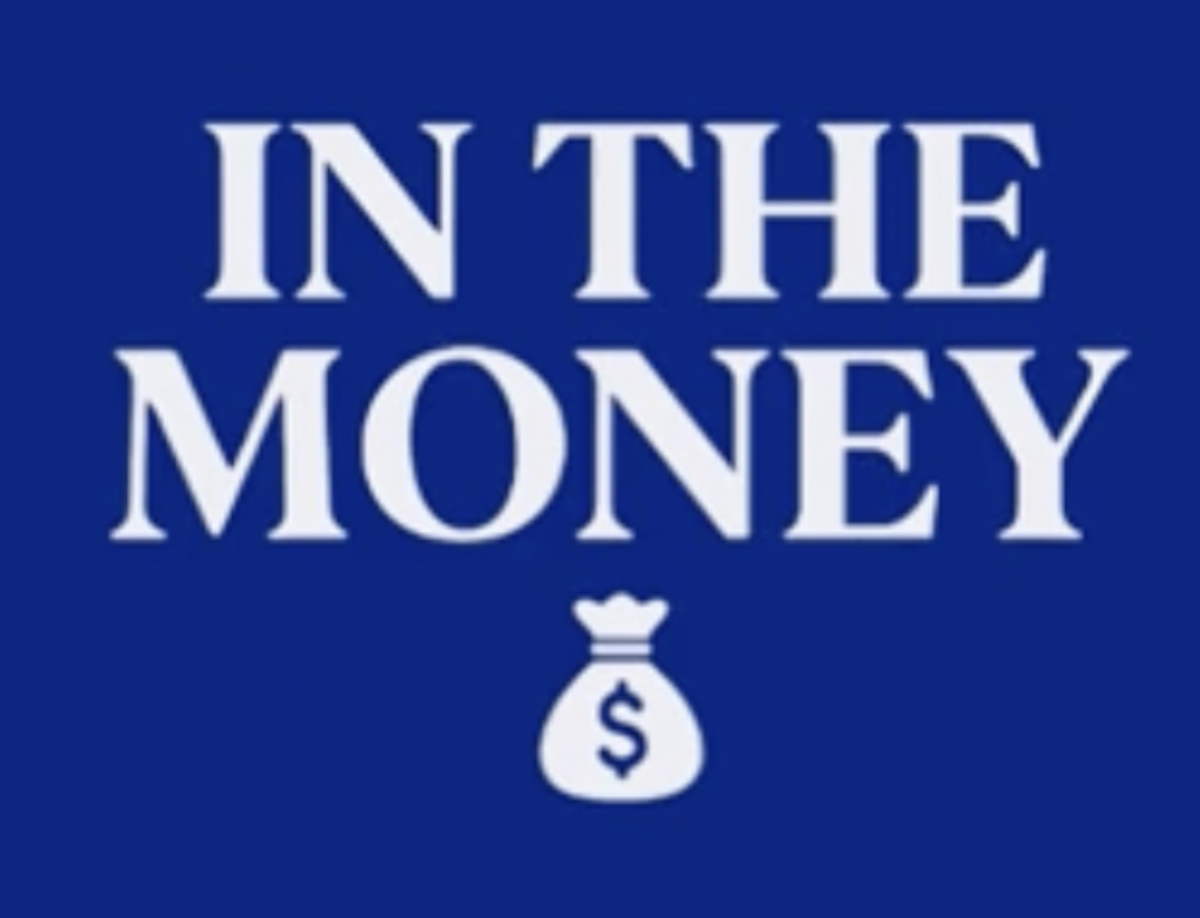🐾 The Pet Care Arms Race
Modern Animal just raised $46M (led by Addition, True Ventures, and Upfront Ventures), scaling to 27 clinics and a revenue run rate north of $100M. The thesis? That tech-enabled, membership-based vet care can transform a $30B+ market.
But Modern Animal isn’t alone:
Southern Veterinary Partners + Mission Veterinary Partners merged into a 750+ clinic platform valued at $8.6B (Silver Lake + Shore Capital backed).
Small Door Veterinary raised $55M to expand beyond the East Coast.
Sploot raised $40M from L Catterton for design-forward vet clinics.
UK’s Creature Comforts raised £7M for its hybrid tech + clinic model.
Capital markets takeaway:
Scale players (SVP + MVP) are consolidating into billion-dollar networks.
Challenger startups are building consumer-first experiences with membership and tech.
Even early-stage is funded, whitespace is global.
The race is on: will the winners be mega-platforms, or membership-first challengers that own the consumer relationship?
👖 Fashion AI with Famous Backers
Phoebe Gates (yes, Bill Gates’ daughter) just raised $8M for her shopping AI app, Phia, alongside co-founder Sophia Kianni. Backers include Kleiner Perkins, Kris Jenner, Sara Blakely, and Sheryl Sandberg.
Key stats:
500k+ users within months of launch
300M+ indexed fashion & resale items
Competitive context:
Honey (PayPal) owns coupon automation.
Ibotta & Fetch dominate cashback.
Rakuten and RetailMeNot have affiliate-driven shopping locked.
Phia’s wedge? Fashion + resale, positioned less as a coupon scraper and more as a “should I buy this?” advisor; factoring in resale values, price comparisons, and deal discovery.
The question: is there room for another shopping assistant, or is Phia’s differentiation enough to carve out a category of its own?
🍼 Carter’s Becomes an Activist Target
Children’s apparel giant Carter’s woke up to an activist hedge fund, Roseman Wagner Wealth Management (RWWM), quietly amassing a 17% stake (~$180M invested). Carter’s responded with a poison pill.
Why? Carter’s trades at 0.6× revenue and 7× EBITDA, a discount to recent brand/IP comps:
Champion → ABG at 0.7× revenue
Reebok → ABG at ~1× revenue
Dickies → Bluestar at 0.9× revenue
Brand platforms like ABG, WHP, and Bluestar don’t care about mall traffic, they buy consumer mindshare, strip cost structures, and monetize through licensing.
Takeaway: If Carter’s brand/IP is under-monetized, its equity story looks very different under a licensing lens than in public markets. Proxy fight, sale, or licensing pivot — Carter’s is now in play.🎙️ Podcast: Caroline Weintraub on The 5 P’s of Beauty Investing
🎙️ Podcast Highlight: Breaking Through Growth Plateaus
This week, I sat down with Jay Wright (Founder of Ecommerce Equation), who has worked with thousands of brands and overseen $500M+ in annual ad spend. His frameworks for mid-7-figure brands stuck on growth are brutally pragmatic:
Instrument first: Split new vs. repeat revenue, MER vs. CAC, and cohort payback windows.
Creative with intent: Tag by pillars, personas, and angles; build congruent landers like “5 reasons why [persona] is switching to [product].”
Retention that scales: Meta ads to lapsed customers can double repeat revenue.
AI as a floor-raiser: Use it for variants and congruency scoring; focus your human time on big creative bets.
Play the long game: The leap from $150K → $700K/month or $1M → $15M never came from one magic ad, but from disciplined systems.
If you’re stuck on growth, this episode is a blueprint for getting unstuck the right way.
🎧 Watch on YouTube, listen on Spotify.
That’s it for this week.
If you liked this issue, forward to a friend who obsesses over brand strategy, capital flows, or exit timing.
In the Money – following the flow of capital in consumer
P.S. We love talking to brands interested in exiting in the next 3-18 months. If you know of any brands interested in exiting, or any firms trying to help port cos manage turnarounds, we'd love to share a POV.
fan [at] thehedgehogcompany.com

